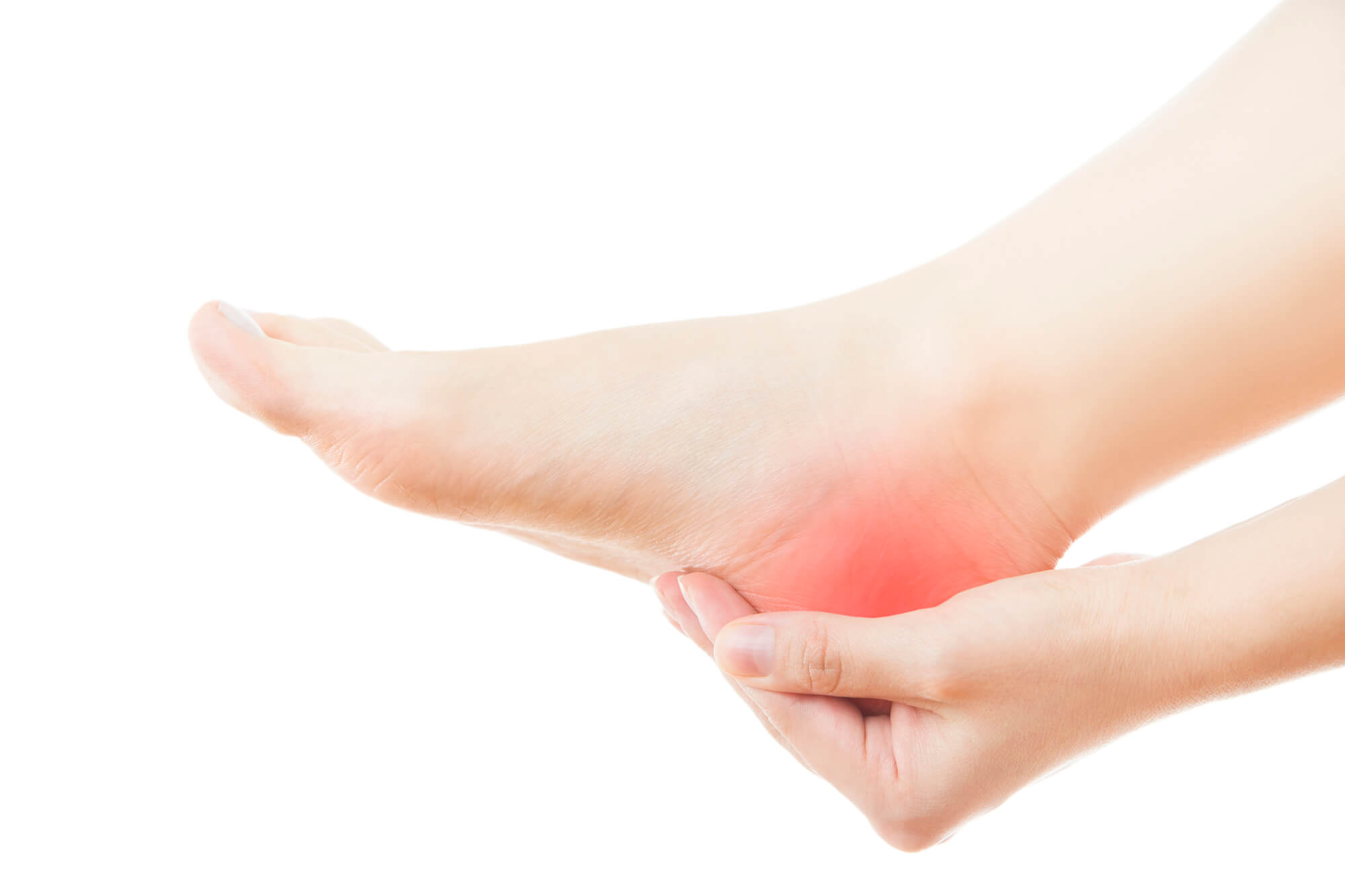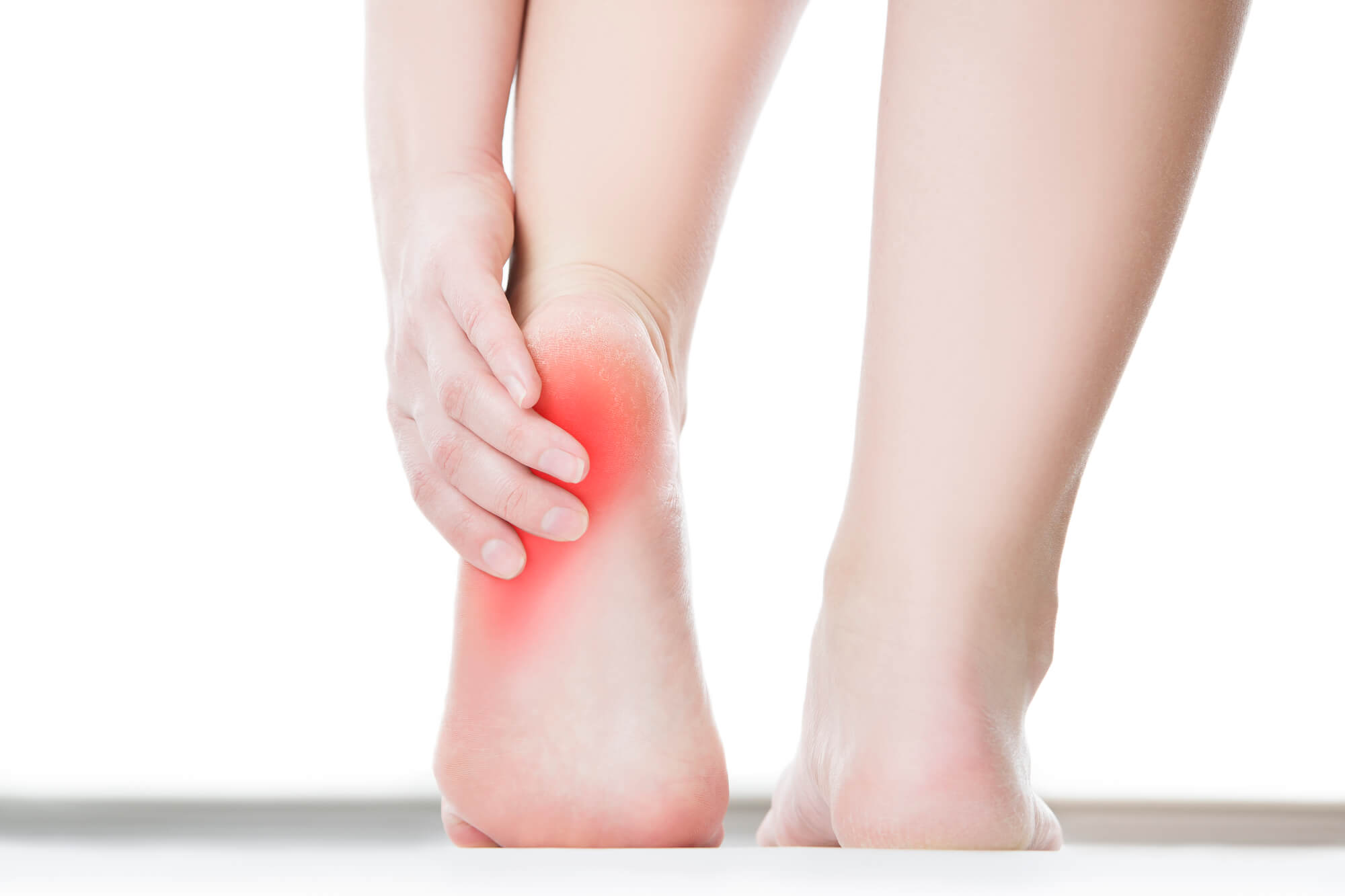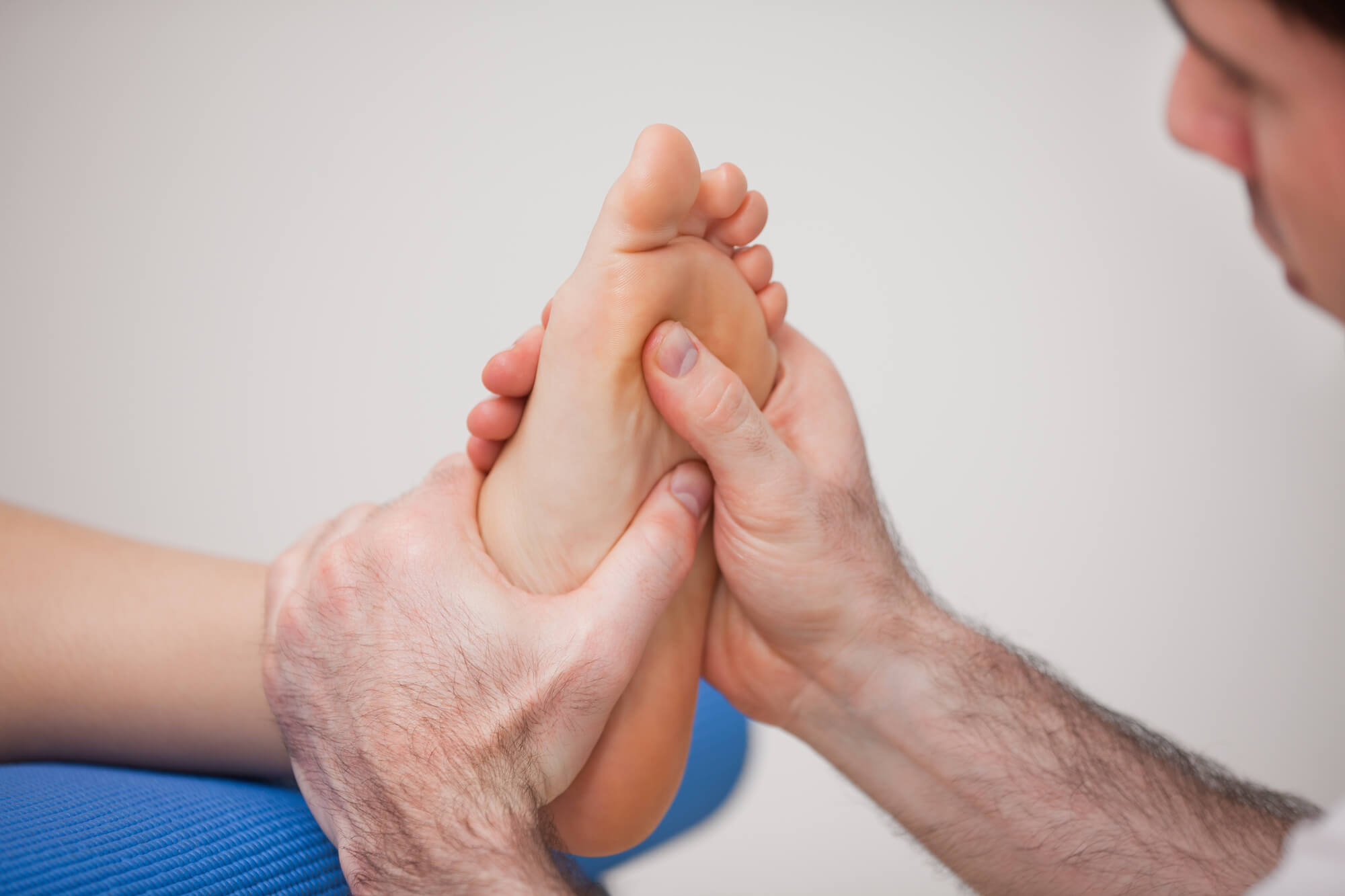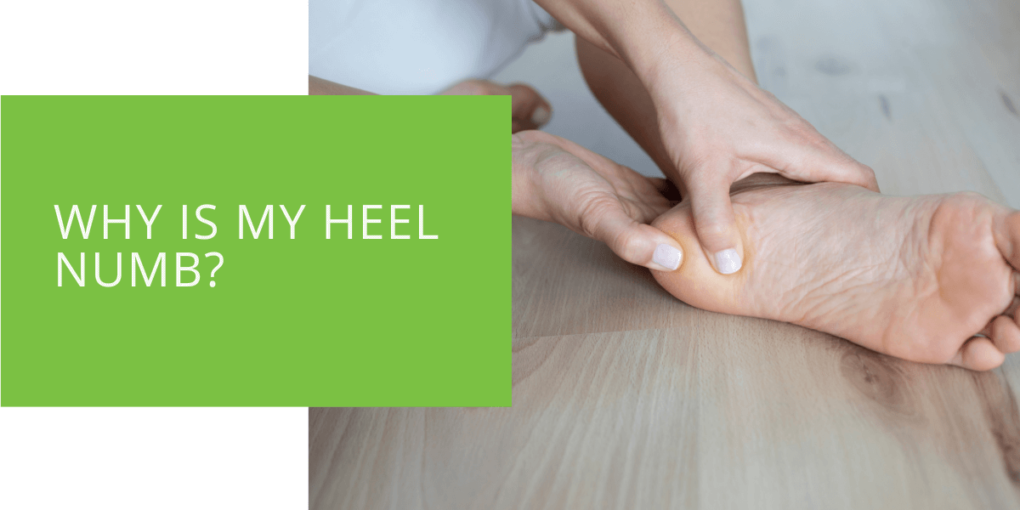Why Is My Heel Numb?
Numbness in the heel can be an uncomfortable and even painful sensation that can affect the way you walk and perform daily activities. It is important to understand the potential causes of numbness in the heel and seek medical attention if the numbness persists or is accompanied by other symptoms. In this article, we will explore the various causes of heel numbness and how it can be treated.
What Does Heel Numbness Feel Like?
Heel numbness can feel like a tingling or pins and needles sensation in the heel area. It can also feel like a loss of sensation or a feeling of heaviness in the heel. The intensity of the numbness can vary from person to person and can be experienced occasionally or constantly.
What Are the Causes of Heel Numbness?
There are many potential causes of heel numbness, some of which include:
- Achilles Tendon and Bursitis: Inflammation of the achilles tendon or bursae, small fluid-filled sacs that help cushion the heel bone, can cause numbness in the heel. This inflammation can be caused by overuse or injury to the area.
- Alcoholism: Excessive alcohol consumption can lead to nerve damage, which can cause numbness in the heel and other parts of the body.
- Diabetes: Diabetic neuropathy, or nerve damage caused by high blood sugar levels, can lead to numbness in the heels and other parts of the body.
- Heel Pad Syndrome: This condition occurs when the fatty pad in the heel becomes thin or flattened, leading to numbness and discomfort in the heel.
- Ill-Fitting Shoes: Wearing shoes that do not fit properly or that put pressure on certain parts of the foot can lead to numbness in the heel.
- Multiple Sclerosis (MS): MS is a disease that affects the central nervous system and can cause numbness in the heels and other parts of the body.
- Plantar Fasciitis: This condition occurs when the plantar fascia, a band of tissue that runs along the bottom of the foot, becomes inflamed and causes pain and numbness in the heel.
- Running, Walking, Exercise: Overuse or repetitive strain on the heels during activities such as running or walking can lead to numbness in the heels.
- Sciatic Nerve: The sciatic nerve, which runs from the lower back down through the legs and heels, can become compressed or pinched, leading to numbness in the heels.
- Tarsal Tunnel Syndrome: This condition occurs when the tibial nerve, which runs through the tarsal tunnel in the heel, becomes compressed or pinched, causing numbness and pain in the heel.
- Thyroid: Certain thyroid conditions can cause numbness in the heels and other parts of the body.
- Vitamin/mineral Deficiencies: Deficiencies in certain vitamins and minerals, such as vitamin B12 and magnesium, can cause numbness in the heels and other parts of the body.

How Is a Numb Heal Treated?
The treatment for numbness in the heel will depend on the underlying cause. Here are the treatments for the potential causes:
Achilles Tendon and Bursitis
Treatment for achilles tendon and bursitis may include rest and ice therapy to reduce inflammation, physical therapy to stretch and strengthen the affected area, and over-the-counter pain medication to help manage pain. In more severe cases, a corticosteroid injection may be recommended to help reduce inflammation. These treatments work by helping to reduce inflammation and pain in the affected area, and by strengthening the muscles and tendons to help prevent future injuries.
Alcoholism
Treatment for alcoholism often involves a combination of therapy, support groups, and medications to help individuals stop drinking and manage their addiction. Medications such as naltrexone and acamprosate can help reduce cravings and manage withdrawal symptoms. Therapy and support groups can provide individuals with the tools and support they need to overcome their addiction and maintain long-term sobriety.
Diabetes
Treatment for diabetes involves managing blood sugar levels through a combination of medication, diet, and exercise. Medications such as insulin or oral diabetes medications may be prescribed to help regulate blood sugar levels. A healthy diet and regular exercise can also help manage blood sugar levels and prevent complications such as nerve damage.
Heel Pad Syndrome
Treatment for heel pad syndrome may involve wearing shoes with a thicker heel pad or using inserts or cushions to help support the heel and alleviate pressure. Physical therapy to stretch and strengthen the muscles in the foot and heel may also be recommended to help improve support and alleviate discomfort.

Ill-Fitting Shoes
Treatment for heel numbness caused by ill-fitting shoes may involve wearing shoes that fit properly and provide adequate support for the heels. Orthotic inserts or custom-made shoes may be recommended to help alleviate pressure on the heels and improve overall foot health.
Multiple Sclerosis (MS)
Treatment for multiple sclerosis (MS) often involves medications to help manage symptoms and slow the progression of the disease. These medications may include disease-modifying therapies, which work to slow the progression of the disease, and symptom management medications to help manage specific symptoms such as numbness and muscle spasms. Physical therapy and other rehabilitation techniques may also be recommended to help manage symptoms and improve mobility.
Plantar Fasciitis
Treatment for plantar fasciitis may include rest and ice therapy to reduce inflammation, physical therapy to stretch and strengthen the affected area, and over-the-counter pain medication to help manage pain. Wearing shoes with proper support and using inserts or orthotics to alleviate pressure on the heels may also be recommended.

Running, Walking, Exercise
Treatment for heel numbness caused by overuse or repetitive strain may involve rest and ice therapy to reduce inflammation, and physical therapy to stretch and strengthen the muscles and tendons in the foot and heel. Gradually increasing the intensity and duration of physical activity may also be recommended to help prevent future injuries.
Sciatic Nerve
Treatment for sciatic nerve pain may involve stretching and strengthening exercises to help alleviate pressure on the nerve, over-the-counter pain medication to help manage pain, and physical therapy to help improve flexibility and mobility. In more severe cases, a corticosteroid injection or surgery may be recommended to help alleviate pressure on the nerve and manage pain.
Tarsal Tunnel Syndrome
Treatment for tarsal tunnel syndrome may involve rest and ice therapy to reduce inflammation, physical therapy to stretch and strengthen the muscles in the foot and ankle, and over-the-counter pain medication to help manage pain. Wearing shoes with proper support and using inserts or orthotics to alleviate pressure on the heels may also be recommended. In more severe cases, a corticoster osteroid injection or surgery may be necessary to help alleviate pressure on the tibial nerve and manage pain.

Thyroid
Treatment for thyroid conditions will depend on the specific condition and its severity. For hypothyroidism, treatment typically involves taking daily thyroid hormone replacement medication to help regulate thyroid hormone levels. For hyperthyroidism, treatment may involve medications to help slow down thyroid hormone production, radioiodine therapy to destroy overactive thyroid tissue, or surgery to remove part or all of the thyroid gland.
Vitamin/mineral Deficiencies
Treatment for vitamin and mineral deficiencies typically involves taking supplements to help replenish the deficient nutrient. In cases of severe deficiency, intravenous (IV) supplementation may be necessary. It is important to work with a healthcare provider to determine the appropriate dosage and duration of supplementation.
It is important to note that the effectiveness of these treatments will depend on the specific cause of the heel numbness and the individual's unique circumstances. It is always important to consult with a healthcare provider to determine the most appropriate treatment plan.
When Should You See a Doctor About a Numb Heel?
It is important to see a doctor if the numbness in your heel is persistent or severe, or if it is accompanied by other symptoms such as weakness, loss of balance, or difficulty walking. It is also important to seek medical attention if the numbness is accompanied by redness, swelling, or warmth in the heel area, as these may be signs of an infection.
Conclusion
Numbness in the heel can be caused by a variety of factors, ranging from overuse and ill-fitting shoes to more serious underlying medical conditions. It is important to pay attention to any numbness in the heel and seek medical attention if the numbness persists or is accompanied by other symptoms. With the proper treatment and management, it is often possible to alleviate numbness in the heel and improve overall foot health.

